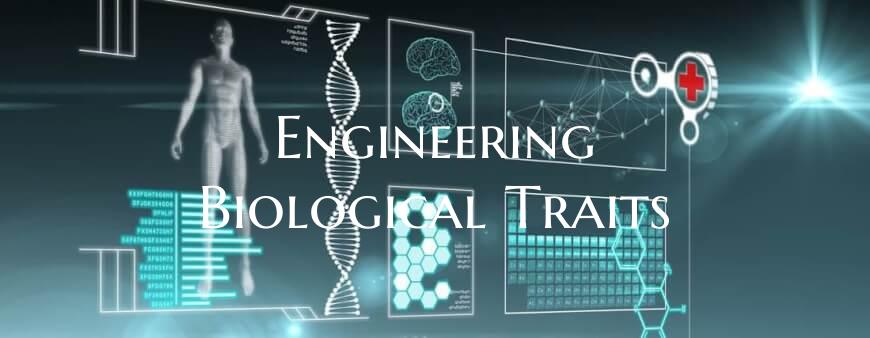Engineering Biological Traits
In recent years, the field of biotechnology has made remarkable strides in engineering biological traits through genetic modification. This cutting-edge technology holds immense promise for a wide range of applications, from healthcare and agriculture to environmental conservation and beyond. By manipulating the genetic makeup of organisms, scientists can design and enhance specific traits to improve their functionality, resilience, and adaptability.
One of the most significant areas of focus in engineering biological traits is in the realm of medicine and healthcare. Genetic modification has the potential to revolutionize the treatment of genetic disorders, offering hope to individuals with previously incurable conditions. By editing or replacing faulty genes, researchers can correct underlying genetic defects and pave the way for personalized medicine tailored to individual patients.
In agriculture, the ability to engineer biological traits in crops and livestock has the potential to transform food production and address global challenges such as food security and sustainability. By creating genetically modified organisms (GMOs) that are resistant to pests, diseases, and environmental stressors, farmers can increase yields and reduce the need for harmful pesticides and fertilizers. Additionally, genetic modification can enhance the nutritional profile of crops, offering solutions to malnutrition and food scarcity in underdeveloped regions.
Beyond healthcare and agriculture, engineering biological traits can also benefit conservation efforts and environmental sustainability. By modifying the genes of endangered species, researchers can potentially increase their chances of survival in the face of habitat loss, climate change, and other threats. Genetic engineering may also allow for the creation of bioengineered organisms that can remediate polluted environments and contribute to biodiversity conservation.
However, the ethical implications of engineering biological traits are complex and multifaceted. Concerns about the safety of genetically modified organisms, potential environmental impact, and issues of equity and access must be carefully considered and addressed. Regulatory frameworks and ethical guidelines play a crucial role in ensuring that biotechnological advancements are used responsibly and for the greater good of society.
As research in genetic modification and biotechnology continues to advance, the possibilities for engineering biological traits are seemingly endless. By harnessing the power of genetic engineering, scientists have the potential to revolutionize medicine, agriculture, conservation, and countless other fields, shaping a more sustainable and resilient future for generations to come.

